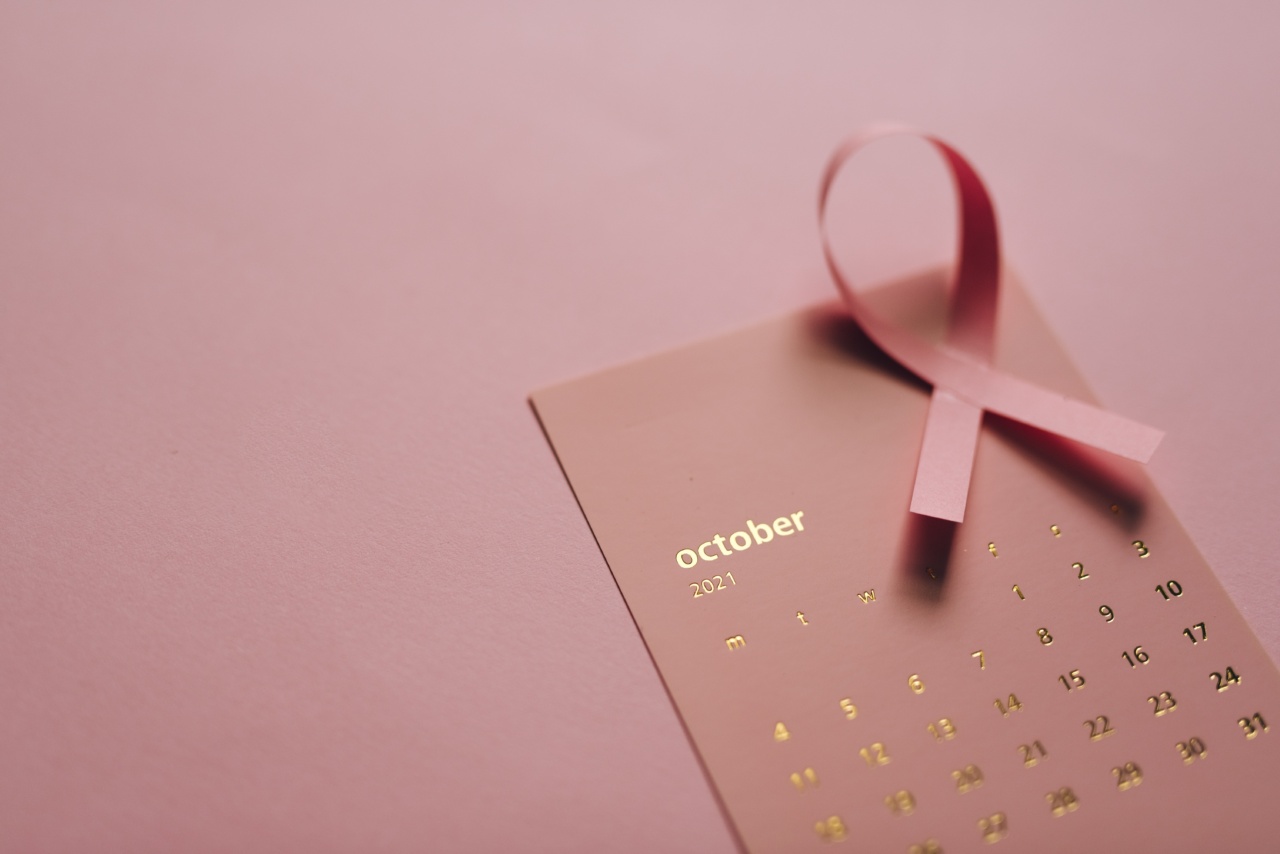Cancer is one of the leading causes of death around the world. There are many different types of cancer that can affect various parts of the body.
While there are certain factors that cannot be controlled, there are also many lifestyle choices that can help reduce the risk of getting cancer. In this article, we will discuss 10 ways to lower your risk of cancer.
Quit Smoking
Smoking is one of the most significant risk factors for cancer. In fact, tobacco smoke contains carcinogens that can damage DNA and increase the risk of developing several types of cancer, including lung, bladder, pancreatic, and liver cancer.
Quitting smoking reduces the risk of cancer and other health problems.
Eat a Healthy Diet
A healthy diet can help lower the risk of many different types of cancer.
Vegetables and fruits, such as broccoli, cauliflower, cabbage, kale, berries, and citrus fruits, are high in antioxidants, which can help protect cells from damage that can lead to cancer. Whole grains, such as brown rice, quinoa, and whole-wheat bread, can also help lower the risk of cancer. Limiting red and processed meats, as well as sugary and high-fat foods, can also reduce the risk of cancer.
Maintain a Healthy Weight
Being overweight or obese can increase the risk of several types of cancer, including breast, ovarian, colon, and kidney cancer. Maintaining a healthy weight can help reduce the risk of these cancers.
It is also important to stay physically active, as regular exercise can help maintain a healthy weight and reduce the risk of cancer.
Protect Your Skin from the Sun
Exposure to the sun’s ultraviolet (UV) rays can increase the risk of skin cancer. Protecting your skin from the sun can help reduce the risk of skin cancer.
Sunscreen with a sun protection factor (SPF) of at least 30 can help protect the skin from UV rays. It is also important to wear protective clothing, such as a hat and long-sleeved shirt, when spending time outdoors.
Get Vaccinated
Several vaccines can help reduce the risk of certain types of cancer. The human papillomavirus (HPV) vaccine can help prevent cervical and other types of cancer. The hepatitis B vaccine can help reduce the risk of liver cancer.
Talk to your doctor about which vaccines may be right for you.
Limit Alcohol Consumption
Consuming alcohol can increase the risk of several types of cancer, including breast, liver, and colon cancer. Limiting alcohol consumption can help reduce the risk of these cancers.
The American Cancer Society recommends that women limit their alcohol consumption to one drink per day and men limit their alcohol consumption to two drinks per day.
Avoid Unprotected Sex
Unprotected sex can increase the risk of certain cancers, including cervical and anal cancer. Using condoms can help reduce the risk of sexually transmitted infections (STIs) that can lead to these types of cancer.
It is also important to get regular screenings for STIs.
Stay up-to-Date on Cancer Screenings
Regular cancer screenings can help detect certain types of cancer early, when they may be more treatable. It is important to talk to your doctor about which cancer screenings are right for you based on your age, gender, and other risk factors.
Reduce Your Exposure to Environmental Carcinogens
Exposure to certain environmental factors can increase the risk of cancer. It is important to limit exposure to carcinogens, such as radon, asbestos, and pollutants in the air and water.
Proper ventilation, use of protective gear, and regular testing can also help reduce exposure to these carcinogens.
Manage Stress
Chronic stress can weaken the immune system and increase the risk of cancer. It is important to develop healthy coping mechanisms to manage stress, such as exercise, meditation, or talking to a therapist.



























